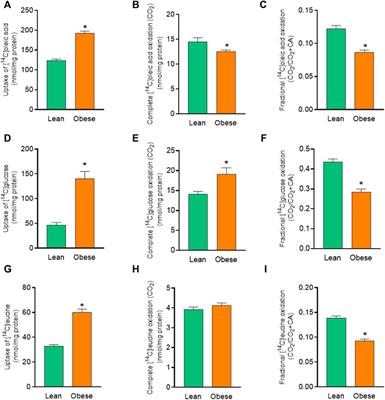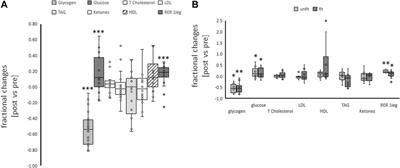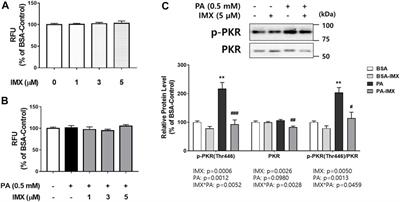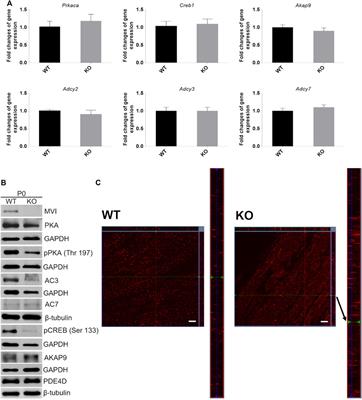EDITORIAL
Published on 14 Dec 2022
Editorial: Untangling energy metabolism in skeletal muscle: From physiology to pharmacology
doi 10.3389/fphys.2022.1113860
- 801 views
- 1 citation
5,809
Total downloads
21k
Total views and downloads
EDITORIAL
Published on 14 Dec 2022
ORIGINAL RESEARCH
Published on 17 Nov 2022

REVIEW
Published on 20 Oct 2022

ORIGINAL RESEARCH
Published on 06 Sep 2022

ORIGINAL RESEARCH
Published on 22 Jul 2022

ORIGINAL RESEARCH
Published on 06 Jul 2022

ORIGINAL RESEARCH
Published on 28 Jun 2022

